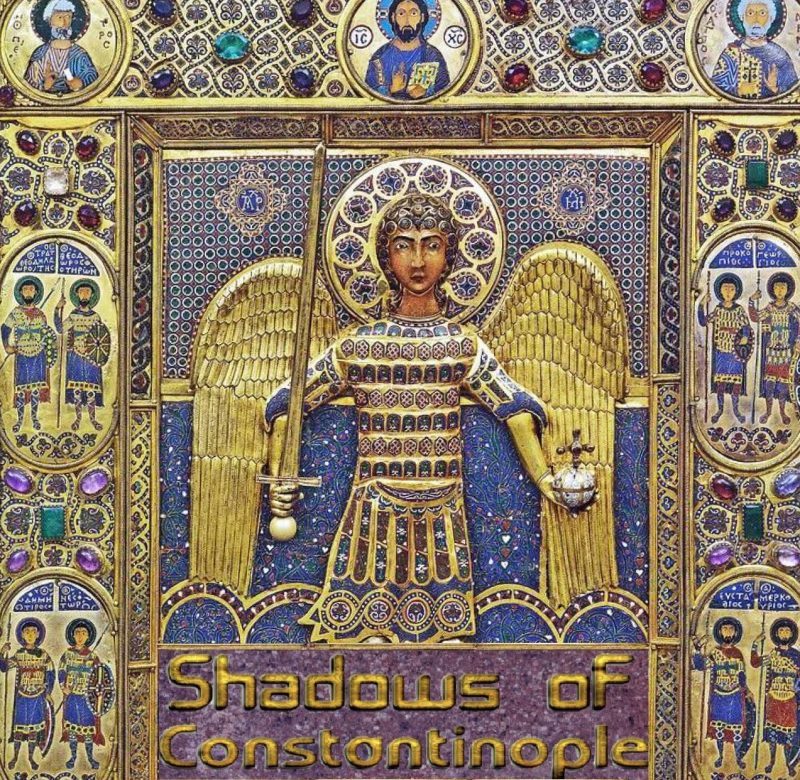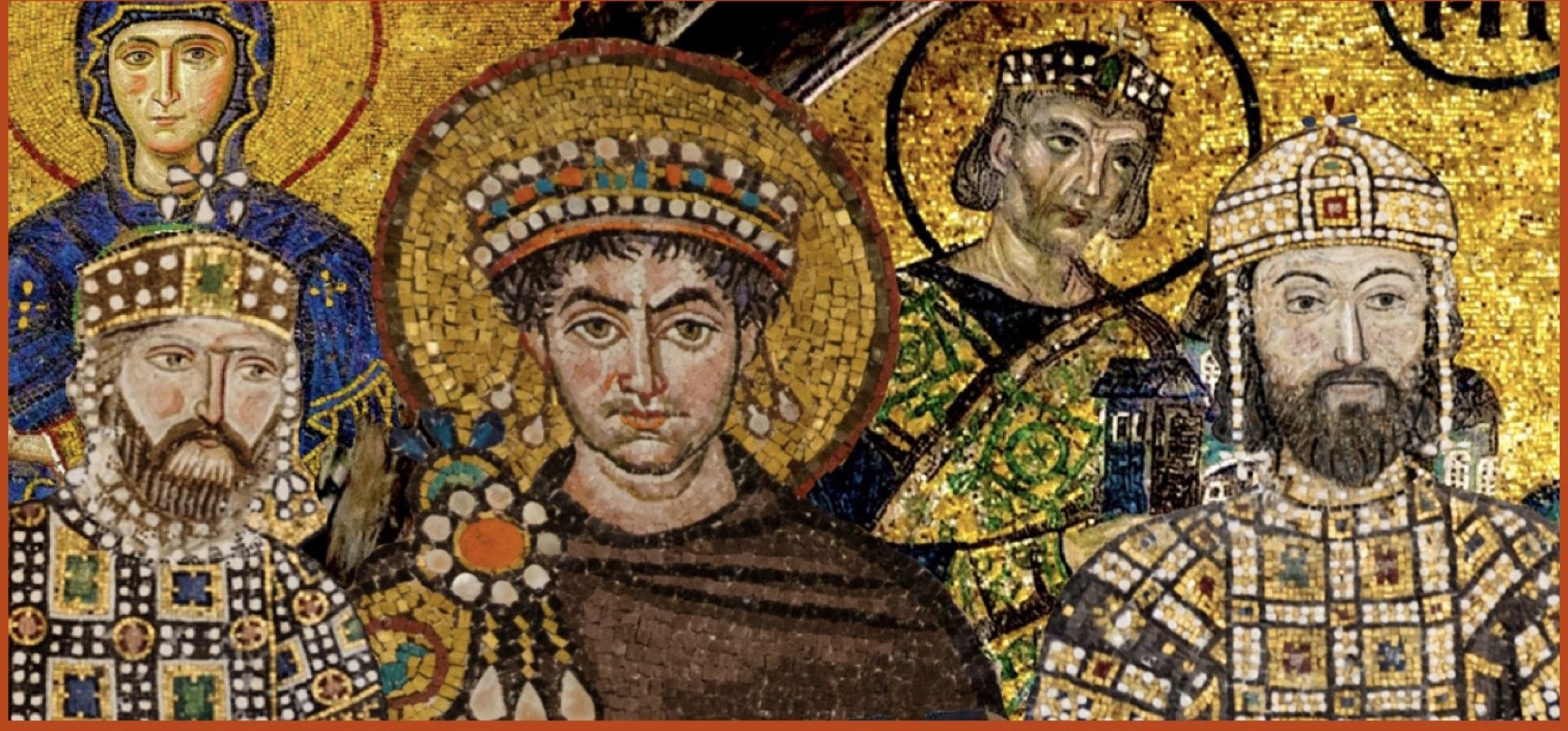In 1217 Theodore Komnenos Doukas ambushed & captured a Latin Emperor. In 1224 he liberated Thessaloniki & in 1227 he had himself crowned as Roman Emperor. But, in 1230 his army was crushed by the Bulgarians, his empire was shattered, and ended up was blinded. A fascinating tale.

In 1217 Theodore made his name known to the world when he ambushed and captured “the newly appointed Latin Emperor of Constantinople, Peter of Courtenay, who had rashly attempted to reach his capital by the overland route from the west.” The western occupiers were now put on notice. To facilitate the rise of a strong power in Greece from the unlikely land of Epiros required Theodore to lead “a brilliant series of military campaigns.”
First, he ousted the Latins from Thessaly to take control of central Greece. Then he “beat back the Bulgarians who had occupied western Macedonia.” The grand target of these campaigns was the liberation of Thessaloniki, the second greatest Roman city in Europe after Constantinople. In 1224, he had the city in his hands. This was a game changer. The Despot Theodore now went as far as announcing to the world his imperial intentions – “he was crowned emperor of the Romans by the autocephalous archbishop of Ochrida, Demetrios Chomatianos.” Regardless of how valid that imperial claim really was, his new empire “was a short-lived creation. But while it lasted the Empire of Thessalonica extended from Durazzo(Dyrrachion) to Adrianople, from Ochrida (Ohrid) to the Gulf of Corinth.”

Theodore now had grand dreams of liberating Constantinople, and they did not seem like a fantasy. There was a big disadvantage that Epiros had compared to Nicaea though. Nicaea could find its strength in Anatolia and focus on Constantinople, effectively safer from the reach of Bulgaria. However, Theodore had to contend with his northern rivals far sooner. Evidently, too soon. “In March 1230, when he was within striking distance of Constantinople, Theodore unwisely turned aside to invade Bulgaria.” It seems stupid, but at the same time, being sandwiched between the Latins and Bulgarians was a dangerous proposition.

At the battle of Klokonitsa “he was defeated and taken prisoner by the Bulgarian tsar John Asen, who followed up on his victory by pouring troops into Macedonia and new Epiros. Thessalonica was allowed to remain Greek under the rule of Theodore’s brother Manuel, who continued to call himself emperor. But the empire which he governed was much reduced in size and dependent for its survival on the goodwill of the Bulgarian tsar.” As for Theodore he was blinded during the captivity after his defeat. Perhaps the success of Epiros had been too good to be true. It was intrinsically a less powerful and wealthy land than that of its more imperial rival in western Anatolia. Despite the failure of Epiros to cement its empire “the fact it had been created and the hope that it could be revived fired the imagination” of the reduced state of Epiros. As for Theodore, he was not done yet! “Theodore contrived to return to Thessaloniki in 1237”, ten years after he was made emperor there, but he was no longer claiming to be an emperor. He deposed his own brother Manuel, whom had claimed the imperial title, and instead “declared his own son John to be emperor in his place.
Theodore’s humiliation came in the end not from Bulgaria, where John Asen died in 1241, but from Nicaea. In 1242, the emperor of Nicaea, John Vatatzes, marched on Thessalonica and forced John to renounce his imperial title and to accept the lesser dignity of Despot.” Thessaloniki now came into the orbit of Nicaea, and would become part of its empire. Though Epiros would go on in various forms, it never really formed a credible powerful empire in the same way ever again. Nicaea was ascendant. Theodore had risen and fallen, and thus did the power of Epiros.
Source:
The Despotate of Epiros, 1267-1479 by Donald M. Nicol

